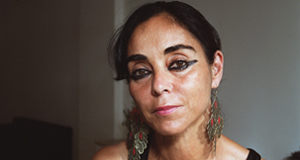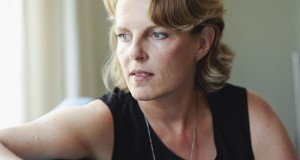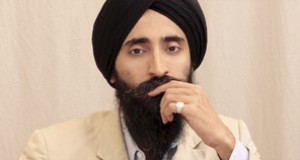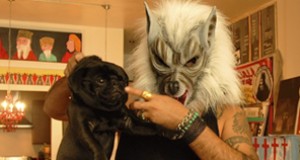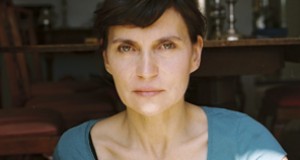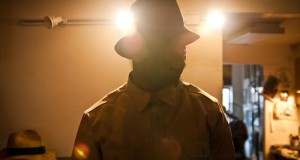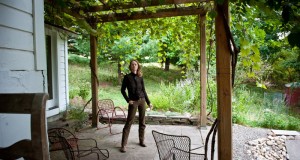
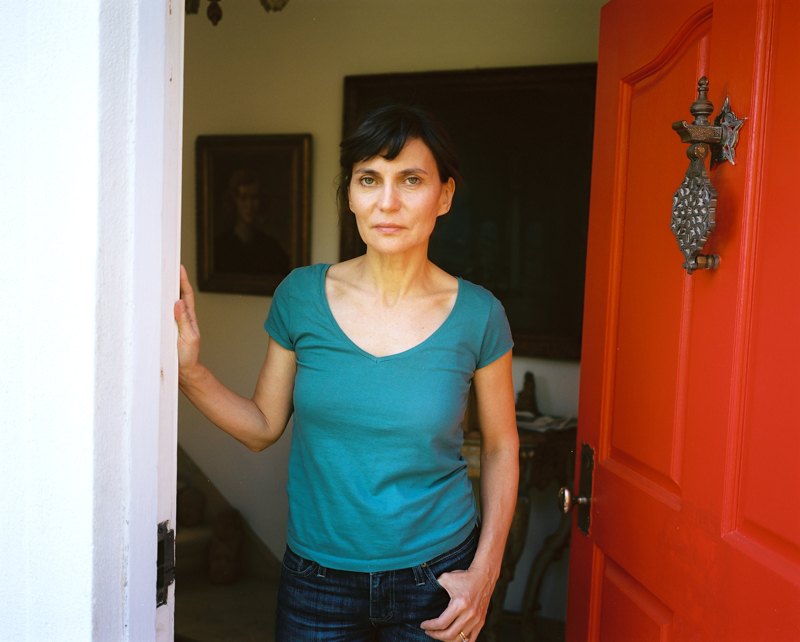
3-06
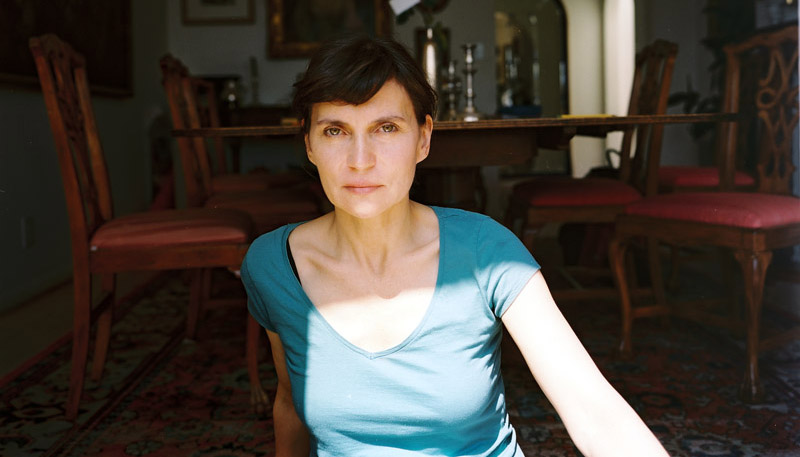
evgenia-feat
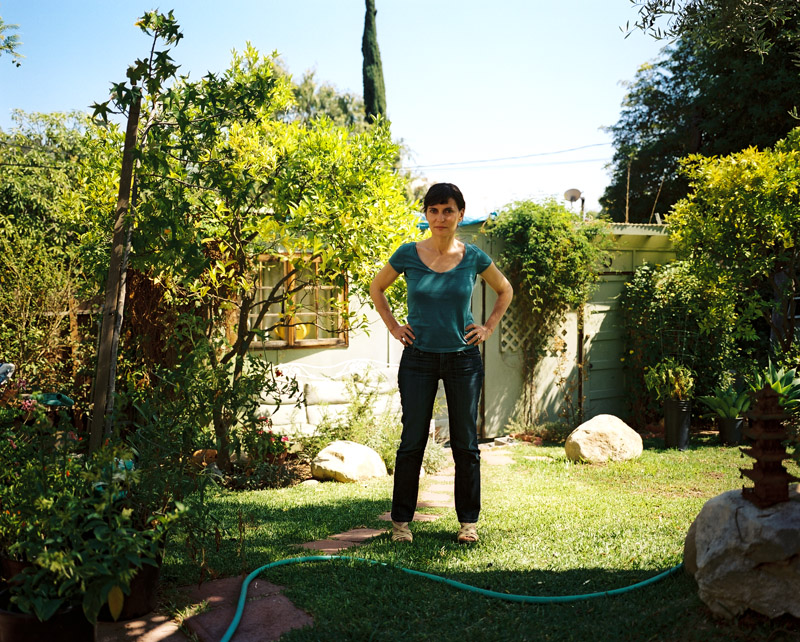
3-04

evgenia-book
The daughter of a tumultuous creative lineage muses on childhood, exile, and the topography of storytelling.
Interviewed by Jan Sharp / Photographed by Tierney Gearon
Documentarian Filmmaker Jan Sharp interviews the writer Evgenia Citkowitz, whose short stories and recent first novel, “Ether”, have earned critical acclaim.
The New York Times praised Citkowitz’s writing as “half staccato, half headlong rush…She doesn’t sound like anyone else you’ll have read in a long while.” Her life as the daughter of author and artist’s muse Lady Caroline Blackwood, as the heiress to the Guinness beer fortune, and as the stepdaughter to the poet Robert Lowell, helped her develop a unique voice. Now married to the British actor Julian Sands, she prefers to remain intensely private, unlike her sister Ivana, who recently published the tell-all memoir “Why Not Say What Happened.” Sharp talks with Citkowitz about childhood, home, and creative process.—Aleim Magazine
JS: Describe your childhood.
EC: Feral days at a boarding school in Devon. Chaotic home life, lonely at times, although I met many interesting people. I got the message from my parents fairly quickly that ideas were important. So was being clever, although I had no idea how that would come about. My early years were full of uncertainty but also wonder and love.
JS: Do you think of yourself as an Englishwoman?
EC: No. I spend a significant time of my childhood and education in England so that will always inform, be familiar, but I never had a sense of belonging. I don’t have that anywhere. Maybe that’s a function of being a writer, always being on the outside looking in.
JS: Why have you decided to make your home in Los Angeles, so far from the rest of your family? Like in exile: Jane Bowels in Morocco. Or Gavin Lambert here in Los Angeles?
EC: Decisions have always been revealed as a series of steps, too small for their significance to be apparent at the time. It’s only in retrospect that one realizes one has taken a stand. I love living in LA. That is a choice. I love the melt of atmosphere, the hybrid culture. I enjoy its ephemeral quality—find that oddly reassuring. It lacks the pretence of permanence.
JS: Charles Dickens is said to have walked 30 miles a day, no doubt gathering his material and writing in his head. You must drive almost 100. Do you use the time to write in your head?
EC: One of the great pleasures of living in Los Angeles is access to the mountains and canyons that form the backbone of the city. I try and walk every day – can’t claim Dickensian mileage – and that’s a time when I’ll ruminate and reflect on whatever I’m writing. I try not to get too distracted by work while I’m driving—that could be hazardous – although once an idea has taken shape it becomes part of the topography. It’s there whether you want to look at it or not. But I do think while I do mundane tasks such as washing up.
JS: Do you choose your material or does it choose you. Do you map out a story or do you let it lead you?
EC: It’s both. You have to meet the material half way. But you have to be able to know it when you see it. Sometimes I will start with only a vague sense that there’s something there, but I have to go walkabout to find it. It’s a process of discovery, but I have to start the journey before I can begin.

